The Middle East has long been a complex landscape for social media platforms, where governments balance cultural values, security concerns, and digital innovation. Across the region, varying degrees of restrictions create a patchwork of online experiences that reflect each nation's unique political and social priorities.
Gulf nations have implemented some of the most sophisticated regulatory frameworks for social media. The United Arab Emirates maintains strict oversight through its Telecommunications Regulatory Authority, requiring platforms to comply with local laws regarding content deemed harmful to national unity or offensive to religious values. Saudi Arabia's approach combines technical filtering with legal consequences - the 2007 Anti-Cyber Crime Law allows prosecution for social media posts considered defamatory or threatening to public order.
Content moderation takes on particular significance in the Middle Eastern context. Platforms operating in the region must navigate prohibitions on content related to LGBTQ+ issues, political dissent, and criticism of ruling families. The line between cultural preservation and censorship remains hotly debated, with governments arguing these measures protect social cohesion while activists decry shrinking digital freedoms.
Turkey presents a unique case where social media platforms face escalating pressure. Following protests in 2013 that were organized through social networks, authorities implemented a system requiring platforms with over one million daily users to appoint local representatives. Failure to comply results in bandwidth restrictions that can throttle access speeds by up to 90%, effectively making platforms unusable.
Iran's social media landscape operates under some of the region's most comprehensive restrictions. While platforms like Instagram remained accessible for years after others were blocked, increasing protests have led to near-total blackouts during periods of unrest. The government has invested heavily in developing domestic alternatives to Western platforms, though these struggle to gain the same level of user engagement.
The Israeli-Palestinian conflict adds another layer of complexity to social media governance in the region. Both Israeli authorities and Palestinian governing bodies monitor platforms for content related to the conflict, sometimes resulting in the removal of posts or accounts. This has led to accusations of bias from all sides, with platforms caught between competing narratives and legal demands.
Legal frameworks across the Middle East increasingly incorporate social media regulation. Many countries have expanded existing press and publication laws to cover online content, while others have created new cybercrime legislation specifically addressing digital platforms. The enforcement of these laws often involves cooperation between technology companies and government agencies.
Regional responses to global events frequently trigger temporary social media restrictions. During periods of political tension or security concerns, governments may implement partial or complete shutdowns of certain platforms. These measures, while often framed as temporary security necessities, sometimes become prolonged or lead to permanent changes in accessibility.
Cultural norms play a significant role in shaping social media use across the Middle East. Platforms must adapt their content moderation policies and sometimes their technical infrastructure to accommodate local expectations around privacy, particularly concerning images of individuals and family matters. This has led to the development of region-specific features and policies by major platforms.
The economic impact of social media restrictions creates tension in nations pursuing digital transformation. While governments recognize the importance of digital platforms for business and innovation, security concerns often override economic considerations. This balancing act has become increasingly difficult as social media becomes more entrenched in commercial activities.
Youth populations across the Middle East have developed creative methods to circumvent restrictions, from VPN usage to alternative platforms. This technological cat-and-mouse game continues to evolve as authorities refine blocking techniques and users find new ways to access restricted content. The generational divide in social media use presents ongoing challenges for policymakers.
Looking ahead, the Middle East's approach to social media regulation may influence global standards as other regions grapple with similar questions about online content. The tension between national sovereignty over digital spaces and the inherently borderless nature of the internet suggests these debates will only intensify in coming years.
Regional summits and conferences increasingly include sessions on social media governance, reflecting growing recognition of its strategic importance. These discussions often reveal divergent views between more technologically open nations and those favoring stricter controls, with little consensus emerging beyond general agreement on the need for some form of regulation.
International pressure on social media companies regarding their Middle East operations continues to mount. Human rights organizations regularly publish reports critiquing platforms for complying with government takedown requests, while shareholder groups raise concerns about the ethical implications of localization policies. These pressures create difficult decisions for companies operating in the region.
The future of social media in the Middle East will likely see continued negotiation between governments, platforms, and users. As digital literacy improves and new technologies emerge, the region's approach to social media governance may serve as both a cautionary tale and a potential model for other societies facing similar challenges in the digital age.

By Grace Cox/Apr 14, 2025

By Emma Thompson/Apr 14, 2025

By Daniel Scott/Apr 14, 2025
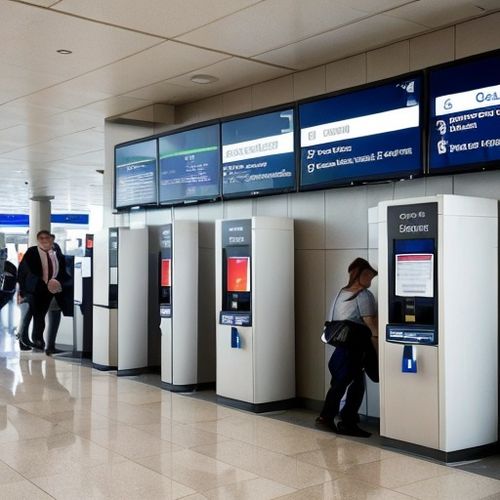
By Rebecca Stewart/Apr 14, 2025

By Emily Johnson/Apr 14, 2025

By Megan Clark/Apr 14, 2025
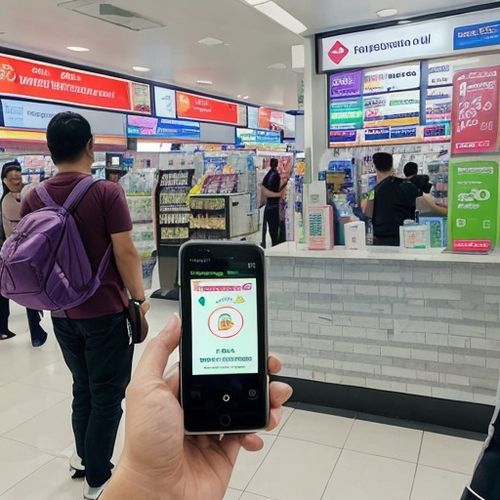
By Emma Thompson/Apr 14, 2025

By Grace Cox/Apr 14, 2025
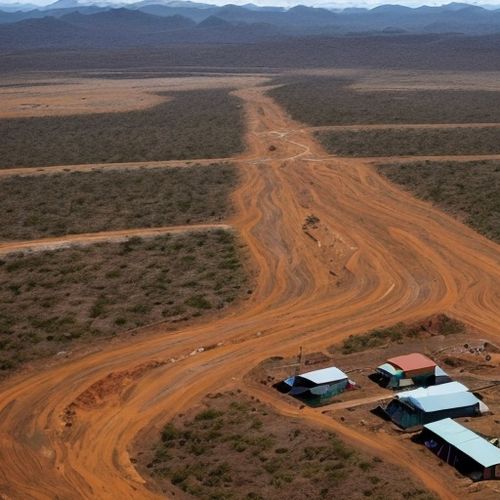
By Christopher Harris/Apr 14, 2025

By Joshua Howard/Apr 14, 2025
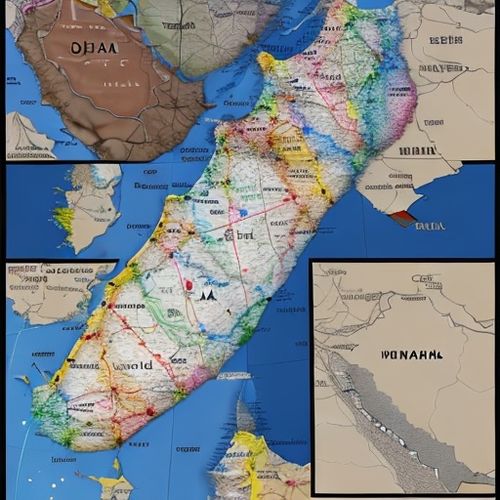
By Noah Bell/Apr 14, 2025
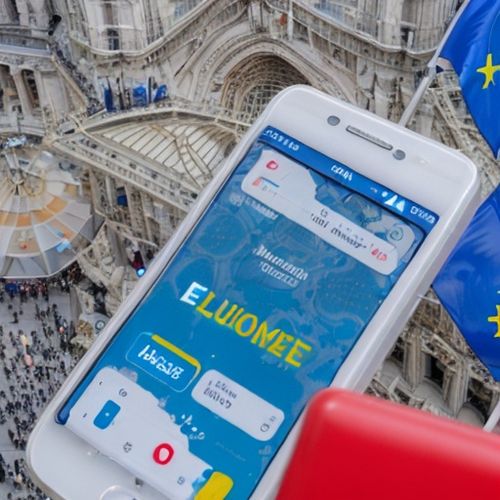
By Grace Cox/Apr 14, 2025

By Joshua Howard/Apr 14, 2025

By Victoria Gonzalez/Apr 14, 2025
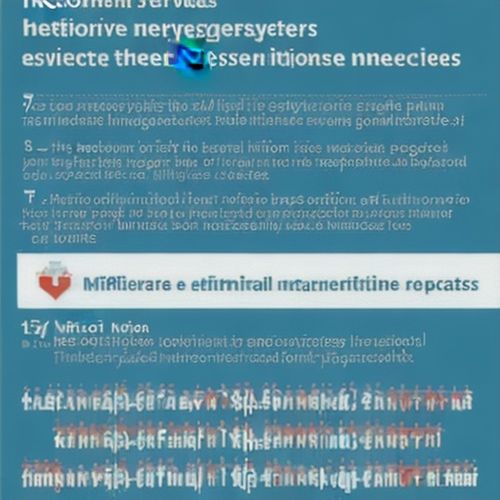
By Grace Cox/Apr 14, 2025

By Christopher Harris/Apr 14, 2025

By Lily Simpson/Apr 14, 2025
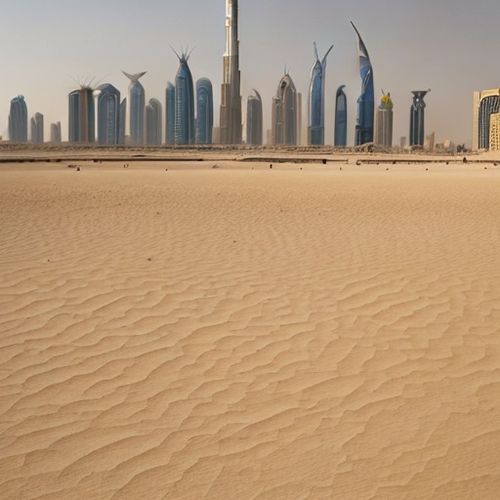
By Laura Wilson/Apr 14, 2025

By Michael Brown/Apr 14, 2025

By Noah Bell/Apr 14, 2025